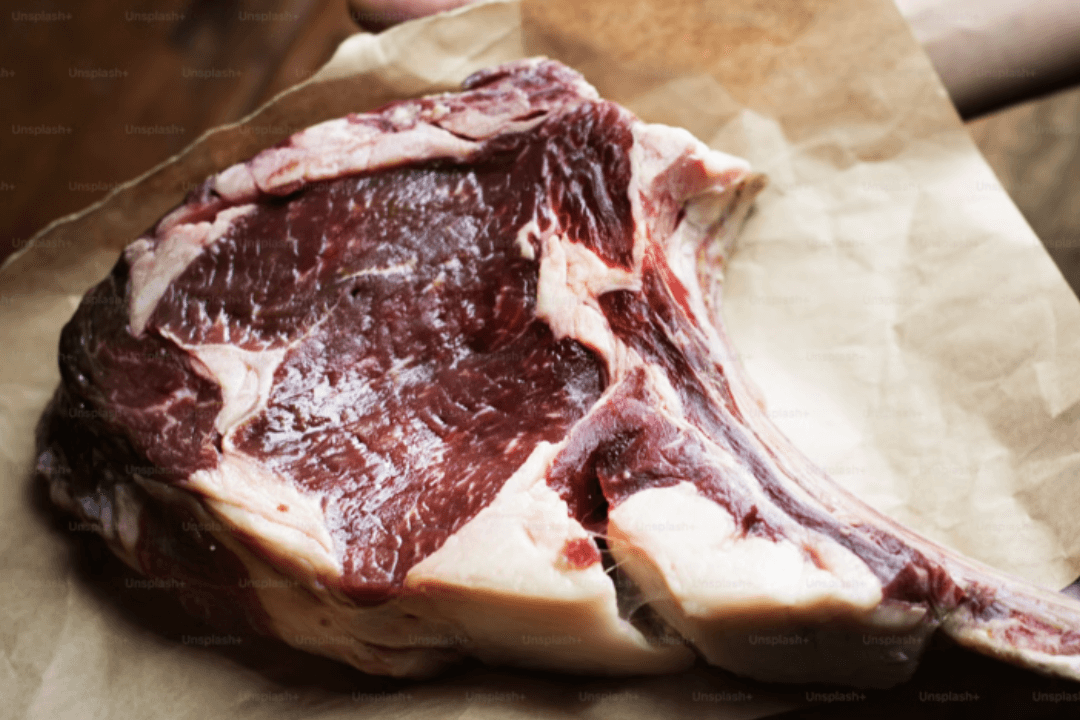By Natalie Louise Burrows, Nutritionist and Clinic Director at Integral Wellness,
Struggling to Sleep? Your Diet Might Be the Missing Link
Tossing and turning through the night? You’re not alone. Sleep is a cornerstone of good health—yet 51% of adults say they’re not getting enough of it. Many struggle to fall asleep or stay asleep.
While blue light, stress, and late-night scrolling often get the blame, your diet might be silently sabotaging your slumber.
Good news: Certain foods and nutrients can support the production of sleep-regulating hormones, calm your nervous system, and promote deep, restorative rest. Here’s what to eat—and when—to support better sleep naturally.
Magnesium: Nature’s Relaxation Mineral
Magnesium supports hundreds of bodily processes, including calming the nervous system and prepping your body for sleep. It helps:
- Regulate melatonin production
- Reduce cortisol (the stress hormone)
- Ease anxiety and promote calm
Best Sources of Magnesium:
- Almonds: A handful before bed offers magnesium, protein, and healthy fats to keep blood sugar stable.
- Pumpkin seeds: Rich in magnesium, zinc, and tryptophan—ideal for sleep support.
- Dark leafy greens: Add spinach, kale, or Swiss chard to your dinner.
Taking a supplement? Look for magnesium bisglycinate or glycinate—these forms are gentle and especially supportive of sleep.
Our Recommendation
Tonic Health Rest & Recover – A high-absorption evening blend designed to help you relax, recharge, and restore.
Key Benefits:
- 300mg elemental magnesium (from blended magnesium)
- With calming Ashwagandha and Lemon Balm
- Sugar-free, vegan, and naturally flavoured
- Mixes easily with water—perfect for your evening wind-down
Customer reviews consistently highlight how much it improves sleep quality.
Melatonin & Serotonin: The Sleep Hormone Duo
Melatonin, your body’s “sleep switch,” is made from serotonin, a feel-good neurotransmitter. To naturally boost melatonin, eat foods that help make or contain it.
Sleep-Boosting Foods:
- Tart cherries: Naturally rich in melatonin. Juice or whole, they may boost sleep duration and quality.
- Kiwis: Rich in serotonin and antioxidants. Eating two before bed may help you sleep better.
- Bananas: Full of magnesium and vitamin B6—support melatonin production and relax muscles.
Try this: Mix 30ml of tart cherry juice (such as Cherry Active) in a tall glass of water between dinner and bedtime. Supports sleep and heart health.
Tryptophan: The Precursor to Serotonin & Melatonin
Tryptophan is an essential amino acid that helps your body produce serotonin and melatonin.
Top Sources:
- Poultry: Turkey and chicken are classic sources.
- Eggs: Also contain vitamin D and B12 for nervous system support.
- Oats: Provide tryptophan and slow-release carbs to enhance absorption into the brain.
Pro tip: Pair tryptophan-rich foods with complex carbs (like oats or sweet potato) for better sleep benefits.
Calcium & Vitamin D: The Unsung Sleep Heroes
- Calcium helps the brain use tryptophan to produce melatonin.
- Vitamin D supports circadian rhythm and mood.
Include in Your Diet:
- Greek yogurt or kefir: Rich in calcium and gut-friendly probiotics.
- Sardines or salmon: Excellent sources of vitamin D and omega-3s.
- Cheese: In moderation, provides protein and calcium for a sleep-friendly snack.
Try this dessert: Greek yogurt with oats, almonds, and a sliced kiwi or banana makes a delicious, sleep-supportive combination.
Bedtime Beverages to Wind You Down
What you drink before bed matters. Skip alcohol and caffeine, and try these calming options instead:
Best Choices:
- Chamomile tea: Contains apigenin, which helps promote sleepiness.
- Lavender tea: Soothing and aromatic—may ease anxiety and tension.
- Golden milk (turmeric latte): Combines turmeric with milk for an anti-inflammatory, calcium-rich drink.
Pro tip: Mix dried chamomile and lavender for a naturally relaxing evening blend.
What to Avoid Before Bed
Certain choices can disrupt your sleep, no matter how tired you feel:
- Caffeine after 12pm: Can linger in your system and reduce deep sleep.
- Spicy or heavy meals: May cause indigestion or heartburn.
- Alcohol: Disrupts sleep quality and can cause night awakenings.
Create a Sleep-Supporting Routine, Step by Step
You don’t need a full diet overhaul to sleep better. Start by:
- Adding sleep-supportive foods to dinner or your evening snack
- Keeping a regular bedtime and wake time
- Dimming lights and screens an hour before bed
- Keeping your bedroom cool and dark
Consistency is key. Your body and brain thrive on routine—sleep included.
Final Thoughts
The path to better sleep might just begin on your plate. Whether it's adding magnesium-rich foods, tart cherries, or calming teas, small steps can yield big benefits over time.
So next time you’re wide awake at 2am, remember: sleep starts with what you eat.
Natalie Louise Burrows is a registered nutritional therapist (BANT, CNHC) and clinic director at Integral Wellness, a nutrition and health clinic specialising in cardio-metabolic health. Along with her clinic team of nutritionists, they help men and women regain their energy, control their cravings and avoid and reverse type 2 diabetes. They also address health conditions such as high blood pressure, high cholesterol, insulin resistance, fatty liver and heart disease, and weight challenges.







Leave a comment
All comments are moderated before being published.
This site is protected by hCaptcha and the hCaptcha Privacy Policy and Terms of Service apply.